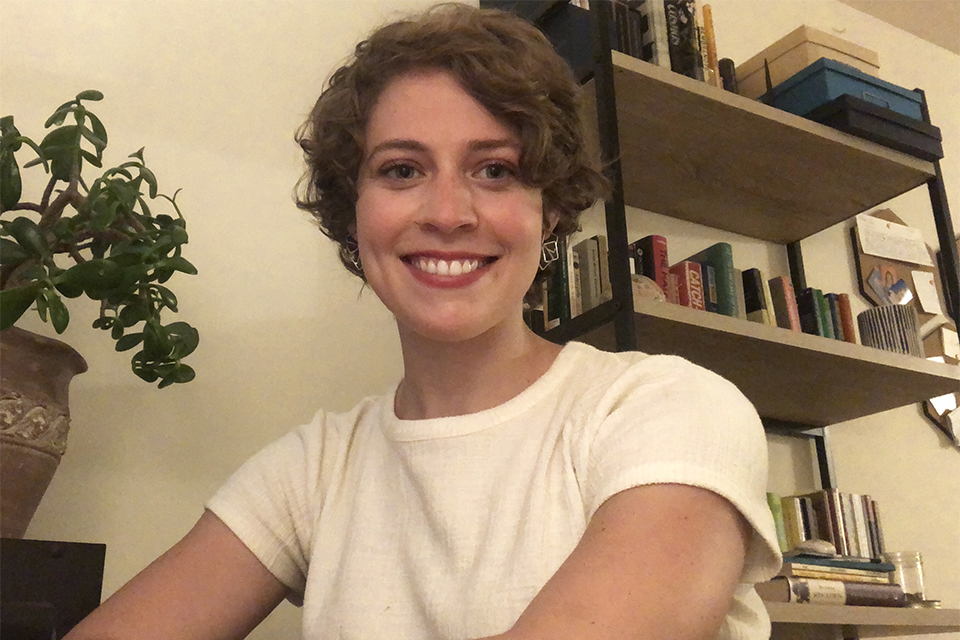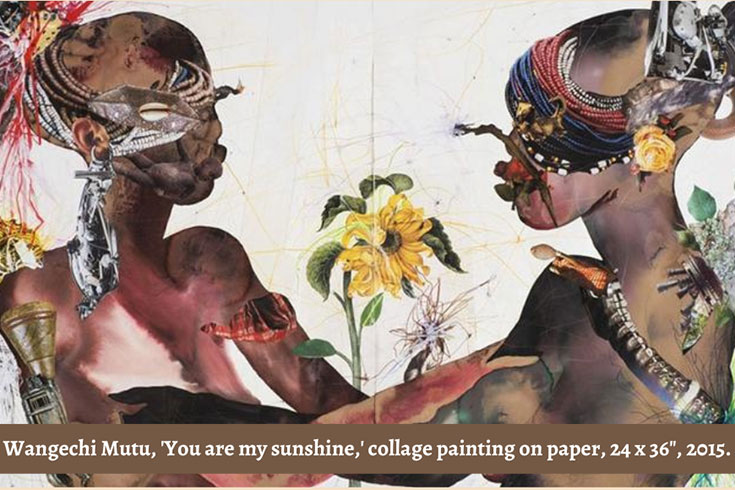Master of Arts in English

The Brandeis English Master of Arts (MA) emphasizes advanced research, interpretive, and writing skills important for careers in teaching, law, publishing, professional writing, and academic and arts administration.
Why Brandeis?
The Brandeis Department of English is leading the way in the transformation of graduate education. As a small program, the department is highly collaborative. In seminars, working and reading groups, pedagogical partnerships, and community-engaged projects, students discover new ways for literary and cultural study to matter. Curricula in public humanities and digital humanities put our work in conversation with many audiences, both in and beyond academia, as we promote the importance of scholarship to civic life. The MA gives students an opportunity to formulate the research questions they need to ask and develop strategies for working through them.
Our graduate community benefits directly from Brandeis’ Mandel Center for the Humanities, which offers dynamic lecture series and workshops throughout the academic year. Brandeis is an active member of the Boston-area Consortium for Graduate Studies in Gender, Culture, Women, and Sexuality, which offers advanced seminars in specialized topics and research support. Located near Boston, Brandeis is convenient to dozens of museums, research libraries, archives, performance venues, and other valuable cultural resources. Brandeis Library’s own special collections in literature holds significant folios, manuscripts, and personal materials from literary history. Brandeis hosts the annual Novel Symposium and other significant academic conferences. Other major conferences are frequently held around Boston, a short train ride from campus.
The department also offers a separate joint Master of Arts in English and Women's, Gender, and Sexuality Studies, which integrates core methods and commitments from both fields of study.
Careers and Alumni
Many of our alumni pursue a PhD. Others develop different careers in education, including high school teaching, university administration, and student support services. Alumni also use the MA in careers in writing, publishing, law, and librarianship.
Curriculum
In addition to completing eight courses in the Department of English, you will prepare a significant research paper under the supervision of two faculty readers. For the joint master's program, you will take two Women's, Gender, and Sexuality Studies Program courses, five courses in the Department of English, and one cross-listed women's, gender, and sexuality studies course in a department other than English.
Financial Aid and Scholarship
Most of our master's degree candidates receive generous need-based aid.
2024 Graduate Conference

March 18, 2024
This conference takes seriously what it means to write with - and about - care. How do we manifest care as a methodological and tangible practice in our work, livelihood, and subjectivity? How do we contest and resist capitalist and neoliberal agendas of the academic systems by embodying praxis of care? Finally, how does care expand the scope of the humanities to a broader audience? By exploring these and more questions, we hope to consider how care work might allow us to better foster kinship, alliances, and commitment to our various communities in and beyond the academy.